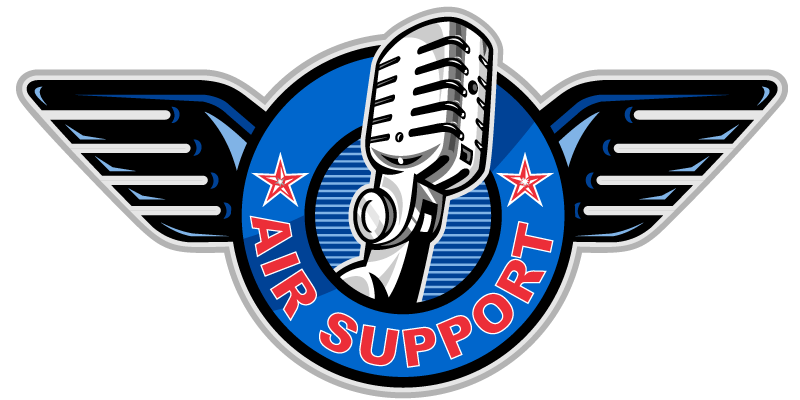3 Balls, One Thought
Forgive me for the possibly gross title of this post. I couldn’t help myself. I want to base this topic around a great analogy that describes one of the biggest problems with most radio commercials.
Imagine somebody tosses you three balls and asks you to catch all of them.
What happens?
Most people will drop all three.
But, if they toss you one, you’ll catch it.
Same thing goes for ideas.
Unfortunately, most radio commercials try to accomplish too much with the allotted 30 seconds. It’s not uncommon for a writer to be asked to incorporate...
- A comedic conversation
- A business description
- A sale description
- A location
- A phone number
- A web site
- A slogan
All into one 30 second commercial. It isn’t an easy task, and it will always end with an ineffective, mundane advertisement. You try to say too much, and the listener ends up catching none of it. You’ve dropped all three balls. So, how do we avoid this.
- Quite simply, say less! – You don’t need to make your listeners understand every aspect of your business. For one thing, they don’t care. It’s not the way people are wired. We don’t listen to the radio to learn about businesses. We listen for music, and entertainment. You need to earn the listeners attention in an advertisement. You can’t achieve that by hollering out phrases & figures like a carnival person. It’s an instant tune out. What you should do, is find one very interesting nugget, one very clear thought, and implant it in the listeners mind. It’s kind of like inception. Keep it simple. Throw them one ball. If it’s interesting enough, they may just catch it.
- Use only one point of contact (or none!) – You don’t need to share all of your contact information. People don’t actually write the information down. It’s very unlikely that someone will ever remember your phone number from a radio commercial (unless it’s simple and clever.) Also, there are very few businesses that would like someone to call them anyway. Most businesses want foot traffic. But, that doesn’t mean you should include your full address. If it’s essential that people should know where you’re located, give them a landmark. Tell them that you’re “right next to the water tower.” Our brains work better with mental images. Even better though, is to only give your website or give no contact at all. People interview your business online first, and any company worth visiting has a website. It’s also far more likely that they’ll google your business name before they head directly to your website. That’s why I say it isn’t all that important to provide the actual URL. If your business is optimized to hit the top of the page when someone Googles you, don’t supply the website. Widdling down all that extra info just freed up a lot of space for your commercial. It also eliminated a couple balls for the listener to catch.
Ok, you can stop snickering about my flagrant use of the word “balls” now.
I have banged this drum plenty of times, but for good reason. This is a major pitfall for advertisers. I would guess that 90% of commercials suffer from this problem. Correcting this one thing, will make your advertising campaign way more effective.
One more thing, if you enjoy these articles, feel free to come give me a like on Facebook. I post over there as well. You can also follow me on Twitter @AirSupportRadio.

